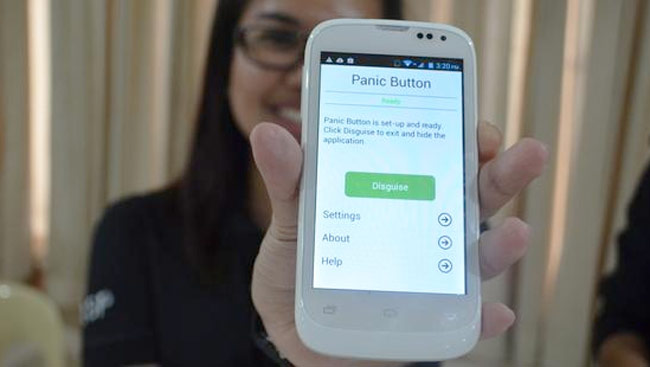You may soon be able to have a cell phone with double or triple the battery life as researchers have taken a big step towards accomplishing what battery designers have been trying to do for decades - design a pure lithium anode.
All batteries have three basic components: an electrolyte to provide electrons, an anode to discharge those electrons, and a cathode to receive them.
What we call lithium batteries today do not have lithium in the anode. An anode of pure lithium would be a huge boost to battery efficiency.
"Of all the materials that one might use in an anode, lithium has the greatest potential. Some call it the Holy Grail," said Yi Cui, a professor of material science and engineering at Stanford University in the US.
"It is very lightweight and it has the highest energy density. You get more power per volume and weight, leading to lighter, smaller batteries with more power," Cui added.
But engineers have long tried and failed to reach this Holy Grail.
Researchers say that lithium's expansion during charging is "virtually infinite" relative to the other materials.
Its expansion is also uneven, causing pits and cracks to form in the outer surface, like paint on the exterior of a balloon that is being inflated.
The resulting fissures on the surface of the anode allow the precious lithium ions to escape, forming hair-like or mossy growths, called dendrites. Dendrites, in turn, short circuit the battery and shorten its life.
To solve these problems the researchers built what they call nanospheres, a protective layer of interconnected carbon domes on top of their lithium anode.
Made of amorphous carbon, the nanosphere is chemically stable, yet strong and flexible so as to move freely up and down with the lithium as it expands and contracts during the battery's normal charge-discharge cycle.
The study appeared in the journal Nature Nanotechnology.





